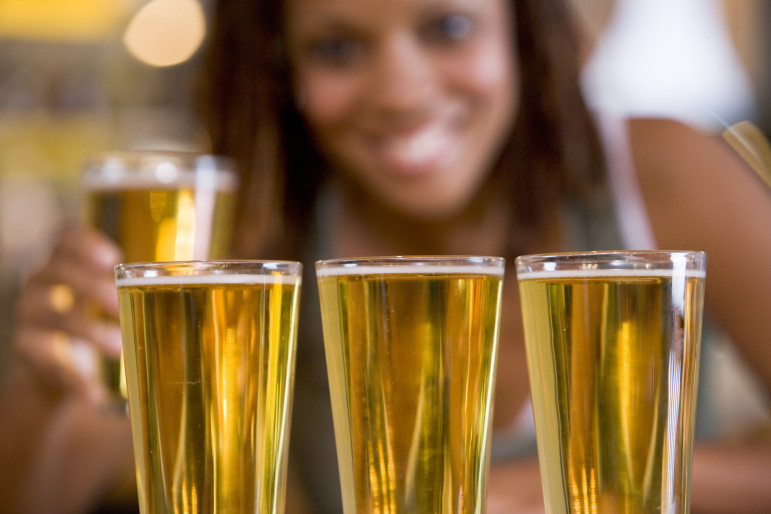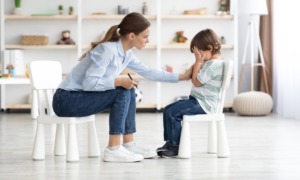 Children need to hear messages about the dangers of drinking as early as age 9, says a new report from the American Academy of Pediatrics.
Children need to hear messages about the dangers of drinking as early as age 9, says a new report from the American Academy of Pediatrics.
The report, published in the journal Pediatrics, catalogs the adverse outcomes associated with drinking alcohol underage and the heightened risks that come with binge drinking in particular.
While it’s no surprise that the report notes that as with other high-risk behaviors, prevention is key — the time for talks about alcohol may come sooner than youth workers, parents and other caregivers may realize.
Surveys show children start to think positively about alcohol between ages 9 and 13, the report said.
“The more young people are exposed to alcohol advertising and marketing, the more likely they are to drink, and if they are already drinking, this exposure leads them to drink more,” the authors wrote. “Therefore it is very important to start talking to children about the dangers of drinking as early as 9 years of age.”
[Related: Tell Them About It: Preventing Addictions by Creating Awareness]
Among young people who drink, the proportion who drink heavily — five or more drinks in a sitting — is higher than among adults. The rate rises from 50 percent among drinkers ages 12 to 14, to 72 percent among those ages 18 to 20, according to research cited in the report.
While the report focuses on what pediatricians and parents can do to head off underage drinking, there also are lessons for other caregivers, such as after-school care providers, said pediatrician Lorena Siqueira, co-author of the study.
“The availability of after-school programs is important because that’s a time when kids get in trouble,” she said.
Siqueira said after-school programs also could help children develop life skills such as confidence and communication for when they encounter risky situations.
“By doing all of that, you help kids resist peer pressure. They’re able to say no and mean it,” she said.
Overall, underage alcohol use has declined in recent years. A June report from the Substance Abuse and Mental Health Services Administration (SAMHSA) found that drinking rates among those ages 12 to 20 decreased from 28.8 percent in 2002 to 22.7 percent in 2013. Rates of binge drinking, again defined as five drinks on one occasion, also decreased during the same time period, from 19.3 percent in 2002 to 14.2 percent in 2013, the report said.
Still, in 2013, about 8.7 million people aged 12 to 20 reported drinking alcohol in the past month, and approximately 5.4 million reported binge drinking, SAMHSA said.
“This poses a serious risk not only to their health and to their future, but to the safety and well-being of others. We must do everything we can to prevent underage drinking and get treatment for young people who need it,” said Frances Harding, director of SAMHSA’s Center for Substance Abuse Prevention, in a news release.
SAMHSA’s ongoing “Talk. They Hear You Campaign,” is aimed at the helping parents find ways to talk with their children about alcohol.
“We’re trying to enlist parents as the first prevention specialist,” said Robert Vincent, a public health analyst at the Center for Substance Abuse Prevention.
The campaign offers online and print resources for parents. Many of the resources are distributed through thousands of community coalitions across the county. After-school programs are a natural spot for parents to pick up a pamphlet or two, Vincent said.
More stories related to this one:
Young People in Recovery Need Anonymity More Than Ever, Experts Say
They Climb, Bike, Run, Lift, Box Their Way Out of Addiction
Unspoken Truths: Young People in Recovery
































